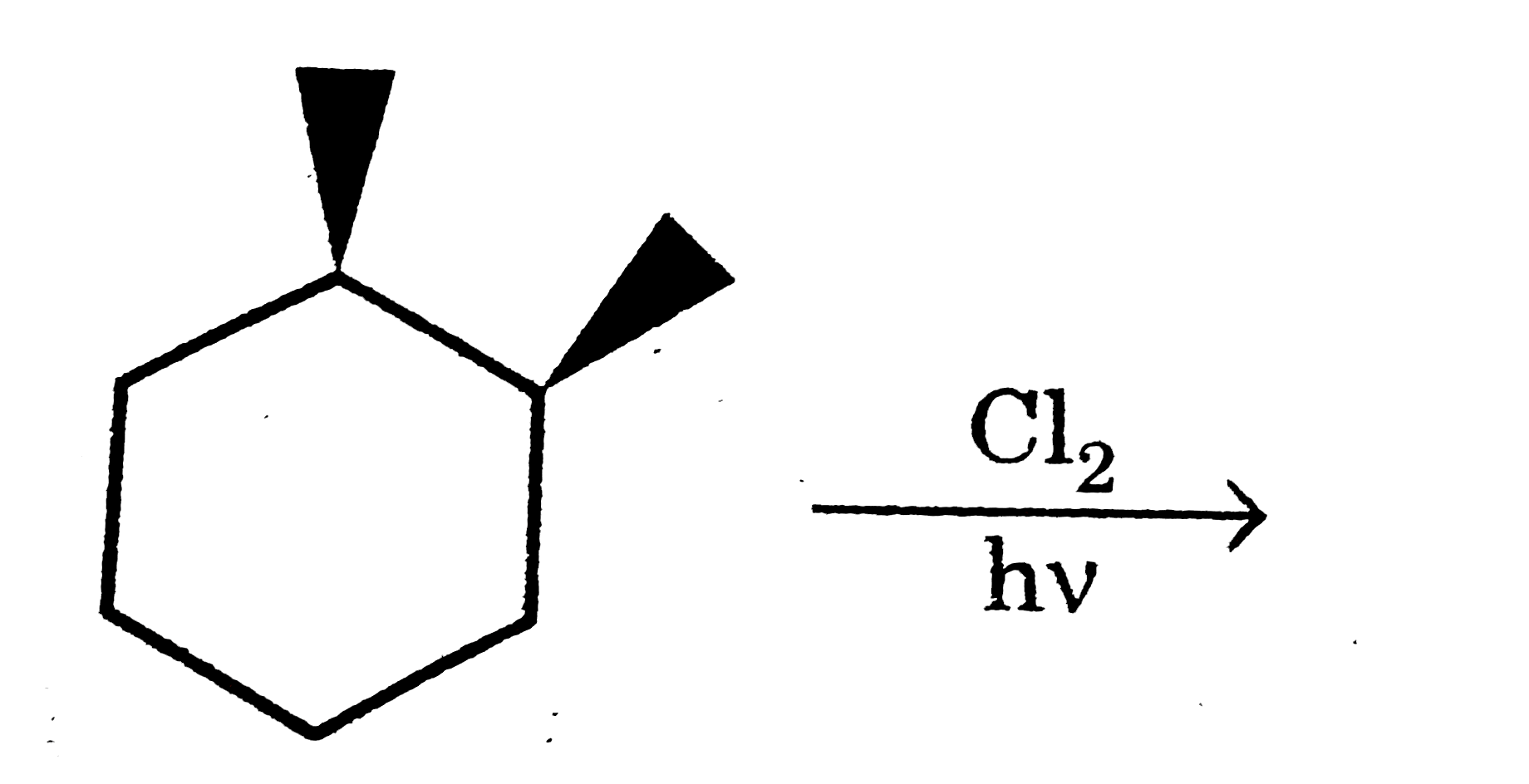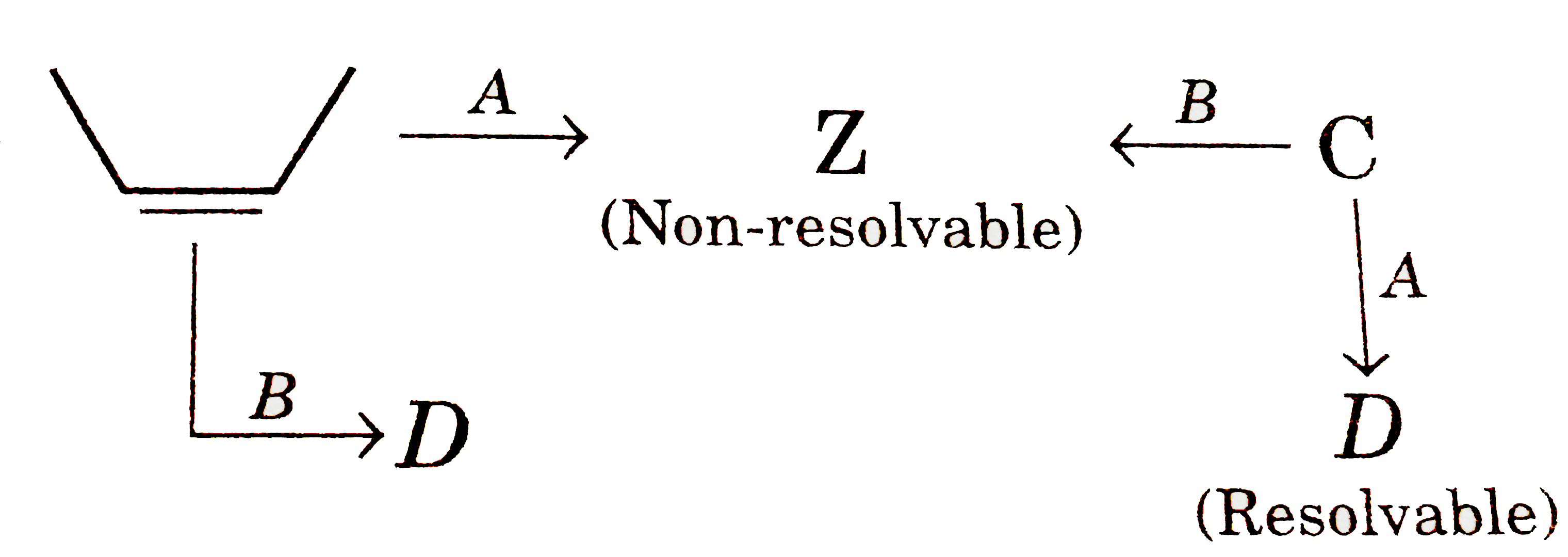The hardness of water due to HCO3 is 122±. Select the correct statement(s).
A
The hardness of water in terms of CaCO3 is 200ppm
B
The hardness of water in terms of CaCO3 is 100ppm
C
The hardness of water in terms of CaCO3 is 22ppm
D
The hardness of water in terms of CaCO3 is 95ppm
Video Solution
Text Solution
The correct Answer is:B, D
Since 2 mol of HCOɵ3 is present, there should be one mole each of CaCO3,CaCl2 and MgCl2 to have equal hardness.
∴MwofHCOɵ3=61
ppmofHCOɵ3=61×2=122g in 106mLH2O
[MWofCaCO3=100,MWofCaCl2=111,MWofMgCl2=95gmol−1]
1 mol of CaCO3=100ppm
1 mol of CaCl2=111ppm
1 mol of MgCl2=95ppm
hence , (b) and (d) are correct option
|
Topper's Solved these Questions
- HYDROGEN, WATER AND HYDROGEN PEROXIDEBOOK - CENGAGE CHEMISTRYCHAPTER - HYDROGEN, WATER AND HYDROGEN PEROXIDEEXERCISE - Exercises (Single Correct)
71 Videos
- HYDROGEN, WATER AND HYDROGEN PEROXIDEBOOK - CENGAGE CHEMISTRYCHAPTER - HYDROGEN, WATER AND HYDROGEN PEROXIDEEXERCISE - Exercises (Assertion Reasoning)
17 Videos
- HYDROGEN, WATER AND HYDROGEN PEROXIDEBOOK - CENGAGE CHEMISTRYCHAPTER - HYDROGEN, WATER AND HYDROGEN PEROXIDEEXERCISE - Exercises (Linked Comprehension )
20 Videos
- GENERAL ORGANIC CHEMISTRYBOOK - CENGAGE CHEMISTRYCHAPTER - GENERAL ORGANIC CHEMISTRYEXERCISE - Analytical and Descriptive
1 Videos
- IONIC EQUILIBRIUMBOOK - CENGAGE CHEMISTRYCHAPTER - IONIC EQUILIBRIUMEXERCISE - Archives Subjective
28 Videos
Similar Questions
Knowledge Check
Select the correct statements(s).
ACarboxylic acids are both hydrogen-bonding donors and hydrogen-bonding acceptorsBCarboxylic acids in pure state exist as dimersCCarboxylic acids of low molecular weight are infinitely soluble in water because of extensive H-bonding with water moleculesDAll of the above statements are correctSelect the correct statements (s).
ASaturated vapours do not obey gas law except Dalton's law .BSaturated vapours do not obey Dalton's law of partial pressureCsaturated vapours obey gas lawDPressure of staurated vapours is independent of their volume at constant P .Select the correct statements (s).
ACritical temperature TC> Boyle' temperature TB for any gas .BLarger the TCPC for a gas larger would be exclueded volume .C[∂P∂T]Ti=0 for a van der Waals' gasD[∂P∂Vm]TC≠0 for a van der Waals' gas


